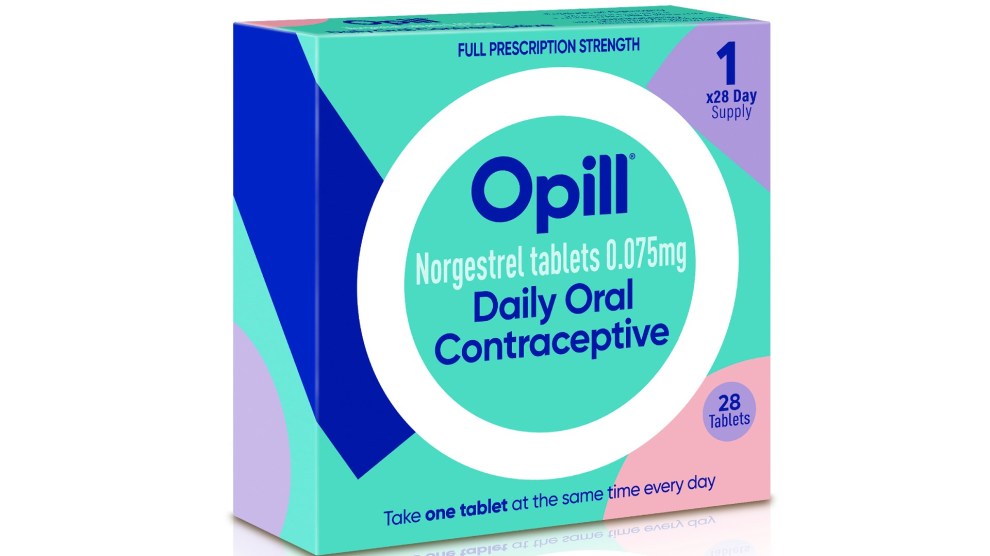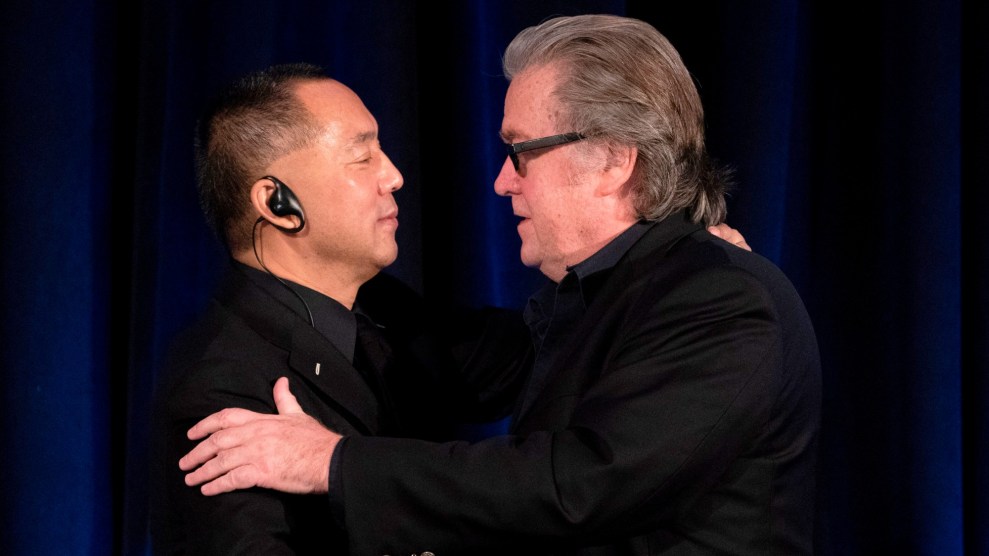
Perrigo/AP
The FDA just made the Pill a heck of a lot easier for Americans to access. On Thursday, the agency approved Opill, a progestin-only birth control pill, for over-the-counter use, making a daily oral contraceptive available without a prescription for the first time in the United States.
The decision removes a significant barrier—the need to consult a healthcare professional—for those most in need of the medication. As I wrote in November:
For many, getting a doctor’s script often means taking time off work, securing child care, filling out paperwork and providing identification, paying appointment copays, and risking negative interactions with providers—difficulties that particularly burden people of color, those who are LGBTQ, disabled, young, and/or those living in rural areas. A 2016 study from Ibis Reproductive Health, a nonprofit research advocacy organization, showed that about a third of American women who’ve tried to get a prescription for hormonal contraception have experienced issues, with Spanish-speaking women and those who were uninsured “significantly more likely to report difficulties.”
An FDA approval would be a “step forward,” California Latinas for Reproductive Justice Communications Director Susy Chávez Herrera says, “in terms of expanding health care access, and folks in our community having bodily autonomy.”
But, as Chávez Herrera and other advocates noted at the time, an FDA approval doesn’t mean the drug will be affordable. “Having the FDA approve an over-the-counter birth control pill would be a huge win,” Chávez Herrera told me, “but it would not be complete if it was not accessible to the people that really need it.”
The company behind Opill, HRA Pharma, hasn’t yet said how much the pill will cost consumers. But when I asked its Chief Strategic Operations and Innovation Officer Frederique Welgryn about Opill’s price tag last year, they told me in an emailed statement that the company would “set an acceptable price tested with consumers” and is working on developing a financial assistance program.
Still, the decision is a major win for reproductive health advocates. Hormonal birth control pills, they argue, have been on the market for more than 60 years and are already available without a prescription in more than 100 countries. Worldwide, hormonal birth control pills have been taken by hundreds of millions of people. So while the FDA’s approval comes at a critical moment—just over a year after the Supreme Court overturned the right to an abortion—the decision, they say, is long overdue.
“This monumental moment of over-the-counter approval gives thousands of young people across the United States access to a vital piece of health care,” Dyvia Huitron, a 19-year-old organizer with Advocates for Youth, said in a statement responding to the FDA’s approval. “I am so glad to know that I, and many others, can now take charge of our health and pick up birth control on our own terms and in our own time.”
Opill is set to be available in stores and online in 2024. Read more about this historic approval here.
















